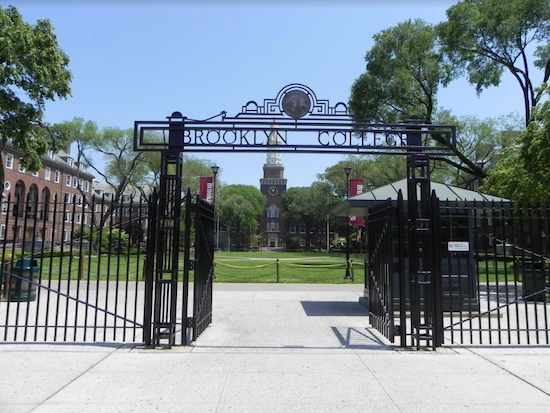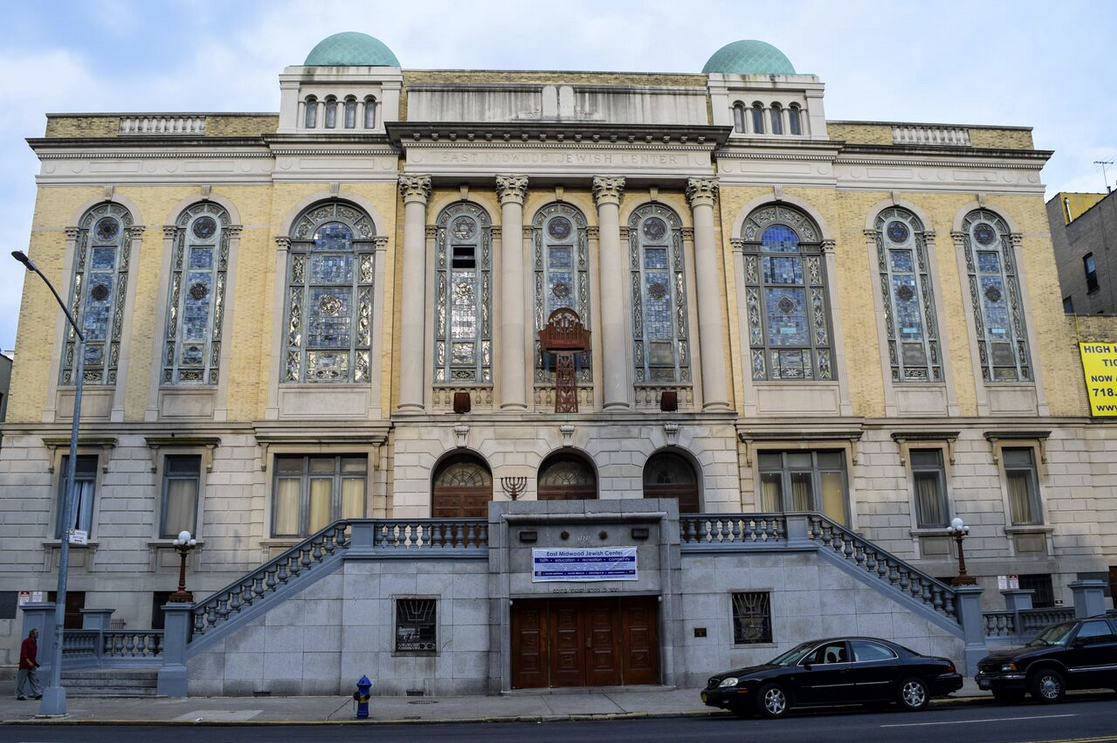Study finds low grad rates for Brooklyn public college students

Brooklyn College is one of the seven schools in the CUNY system. Eagle file photo by Paula Katinas
Brooklyn residents who enroll in public colleges in the borough have low graduation rates, according to an alarming new report from the Center for an Urban Future, a think tank based in Manhattan that studies ways to reduce economic inequality through changes in public policy.
The study, which was released on Dec. 5 and is titled “Degrees of Difficulty: Boosting College Success in New York City,” was funded by The Clark Foundation.
The study found that Medgar Evers College had the lowest graduation rate out of all of the City University of New York (CUNY) four-year colleges. Only 27 percent of its students earn a bachelor’s degree within six years. At Brooklyn College, the six-year graduation rate is 56 percent.
